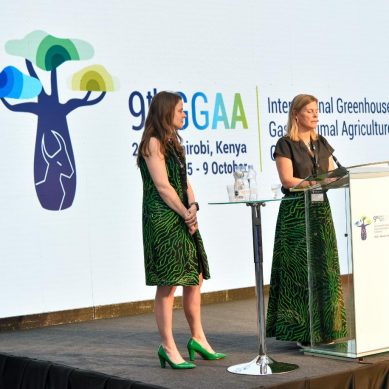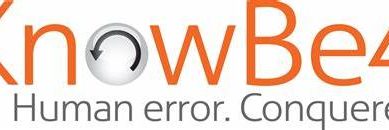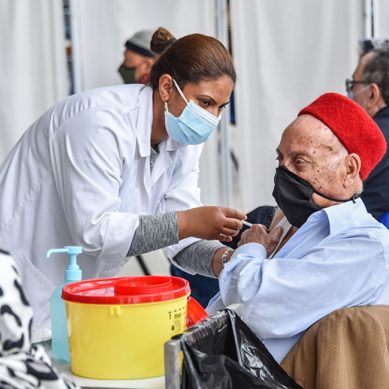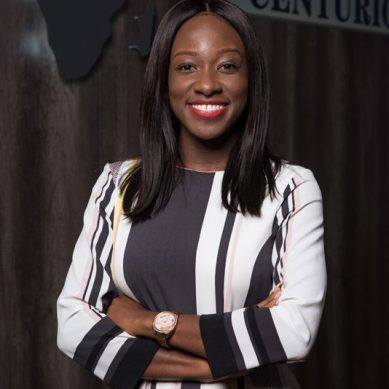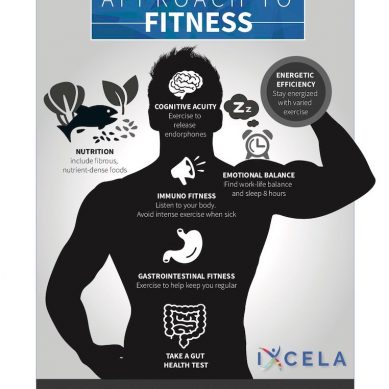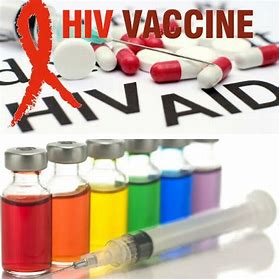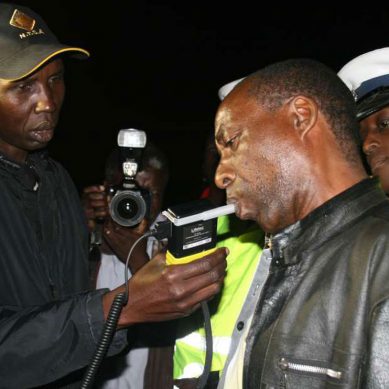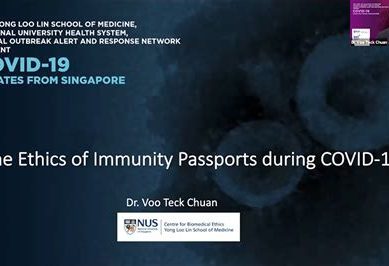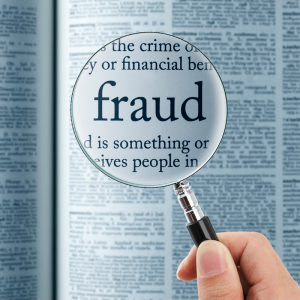Book review: America’s jolly physics Nobel laureate who nearly bombed Nevada
In the early 1950s, the physicist Frederick Reines and his colleague Clyde Cowan designed an experiment to detect neutrinos, the tiniest and most elusive of subatomic particles. Theorists were convinced that neutrinos must exist – and that they would be untraceable. And Reines liked nothing better than a challenge. The...
Cybersecurity: Importance of security culture in Zero Trust defence models
During a preview of this year’s Republic of South Africa conference, a team from Orange Cyberdefense demonstrated a range of pretty scary scenarios of what can happen when malicious actors take control of a user’s home router. These range from duping users into downloading payloads dressed up as fake VPN...
Delaying a Covid vaccine’s second dose boosts immune response, research finds
Facing a limited vaccine supply, the United Kingdom embarked on a bold public-health experiment at the end of 2020: delaying second doses of Covid-19 vaccines in a bid to maximise the number of people who would be at least partially protected from hospitalisation and death. Now, a study suggests that...
Cameroon updates its 2021 tax scheme to promote innovative ICT start-ups
Over the past decade, information technologies (IT) have revolutionised the way people and businesses carry out their daily activities worldwide. There is abundant evidence that the upsurge of technology has been a major contributor to fundamental economic change, notably the growth in global production and the distribution of intangible goods...
Want to be forever young? ‘Biohackers’ hunt for technology that can stop aging
Last year, two self-described “biohackers” in Russia had themselves hooked up to blood collection machines that replaced approximately half of the plasma coursing through their veins with salty water. Three days later, the men tested their blood for hormones, fats and other indicators of general well-being. The procedure, it seemed,...
Is HIV/Aids vaccine in sight? Covid success provides scientists with a ‘wisp of hope’
When virologist José Esparza began working with the World Health Organization to combat the AIDS epidemic in the 1980s, he and many of his colleagues were convinced that a vaccine would be the solution – and that it would come quickly. Their optimism rested on solid science: Researchers knew that...
Drink, drugs and disease: From sniffing to breathalysers to fix substance abuse
Until very recently, most of us hardly gave a second thought to breathing. As essential as it is for life and survival, we took it for granted, an act as natural as…well, breathing. Since the Covid-19 pandemic swept the world, however, we have all become more aware of our own...
Employees top list of fraudsters in business in sub-Saharan Africa, research firm finds
The greatest threat to business in Sub-Sahara today is the employees, research findings released by international research and data firm SNG Thornton, show. Employees, who are often underpaid, overworked and undervalued are the fault-lines through which businesses and companies make losses in the form of money, data or squandered man-hours....
Historic or ongoing injustices? Rich nations have bought up nearly all Covid vaccines
It’s already understood that rich countries have bought up and administered most of the extant vaccine supply. This means that, once vaccine passports become available, the citizens of rich countries will be the first to benefit from the travel privileges they will confer. “This reflects historic and ongoing injustices,” says...
Covid: Fraud in US sky high as glitchy computer systems cave in to criminals
Throughout the Covid crisis, unemployment programmes have served as a lifeline, channelling more than $650 billion over the past year to millions of struggling households. But the state-run agencies that distribute the funds have been overwhelmed, making their harried staff as well as their glitchy computer systems easy prey for...


